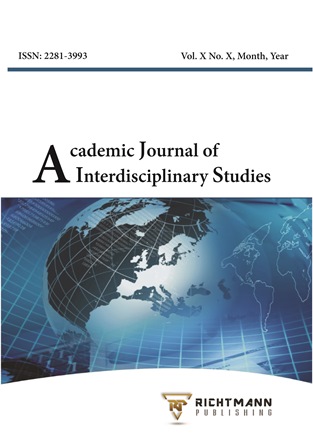Social Impact Assessment in Urban Security Management Projects: A Case Study from Pakistan
DOI:
https://doi.org/10.36941/ajis-2024-0004Keywords:
Expert system, crime rates analysis, urban safety and security, case-based reasoning, social impact assessment in PakistanAbstract
Public safety and security management projects are devised to reduce crime, fear and calamities by prevailing law and order to reduce the harm in society. In a certain context, social impact assessment is a novel way to reveal the extent of effectiveness for these projects. This case study presents an Expert System based methodology regarding social impact assessment for two urban security management projects in Pakistan. An Expert System, DoctuS is employed as a tool to build a rule-based model tool using social impact attributes (as variables) from literature and expert knowledge (Author’s own insight as being involved in projects). Case-based reasoning (CBR) method is employed for the measurement of the impact of urban security management KPIs (Key Performance Indicators) in the two case projects. The empirical findings in this case study approaches the impact assessment by quantitative analysis of crime rates in JMP statistical package and Qualitative Expert knowledge-based model in DoctuS. Thereby, the study evaluates the pre and post ante project situations in order to assess the project’s effectiveness and impact on improved urban safety and security. In the first step, the projects are briefly described, followed by the crime rate analysis under the project jurisdictions and rules between attributes are defined. The second step defines the qualitative rule-based model along with the two cases described, and validated in DoctuS tool. Some attributes and rules have changed, and a new concise model is presented. The Expert System compares the project cases and evaluates the social impact assessment based on the defined KPIs. The Expert system validation presents a novel model for social impact assessment of subject urban security management projects. We propose this methodology and model as useful in investigating social impact assessment of projects specifically dealing with urban safety and security management. However, the generalizability of the findings of this case-study based articles need more sophisticated tests as recommendation for the extension to this study.
Received: 31 May 2023 / Accepted: 19 November 2023 / Published: 5 January 2024
Downloads
Downloads
Published
Issue
Section
License

This work is licensed under a Creative Commons Attribution-NonCommercial 4.0 International License.
This work is licensed under a Creative Commons Attribution-NonCommercial 4.0 International License.








